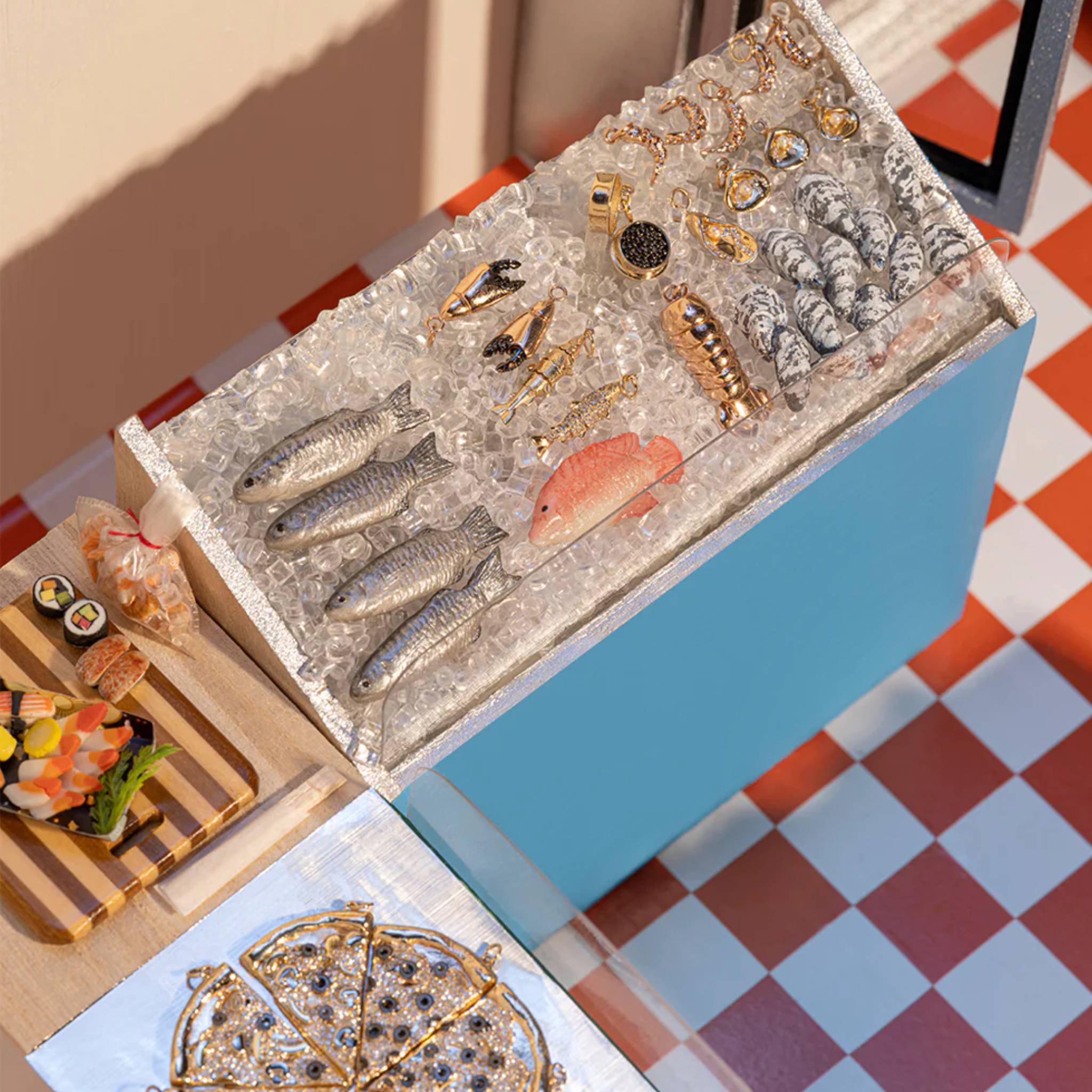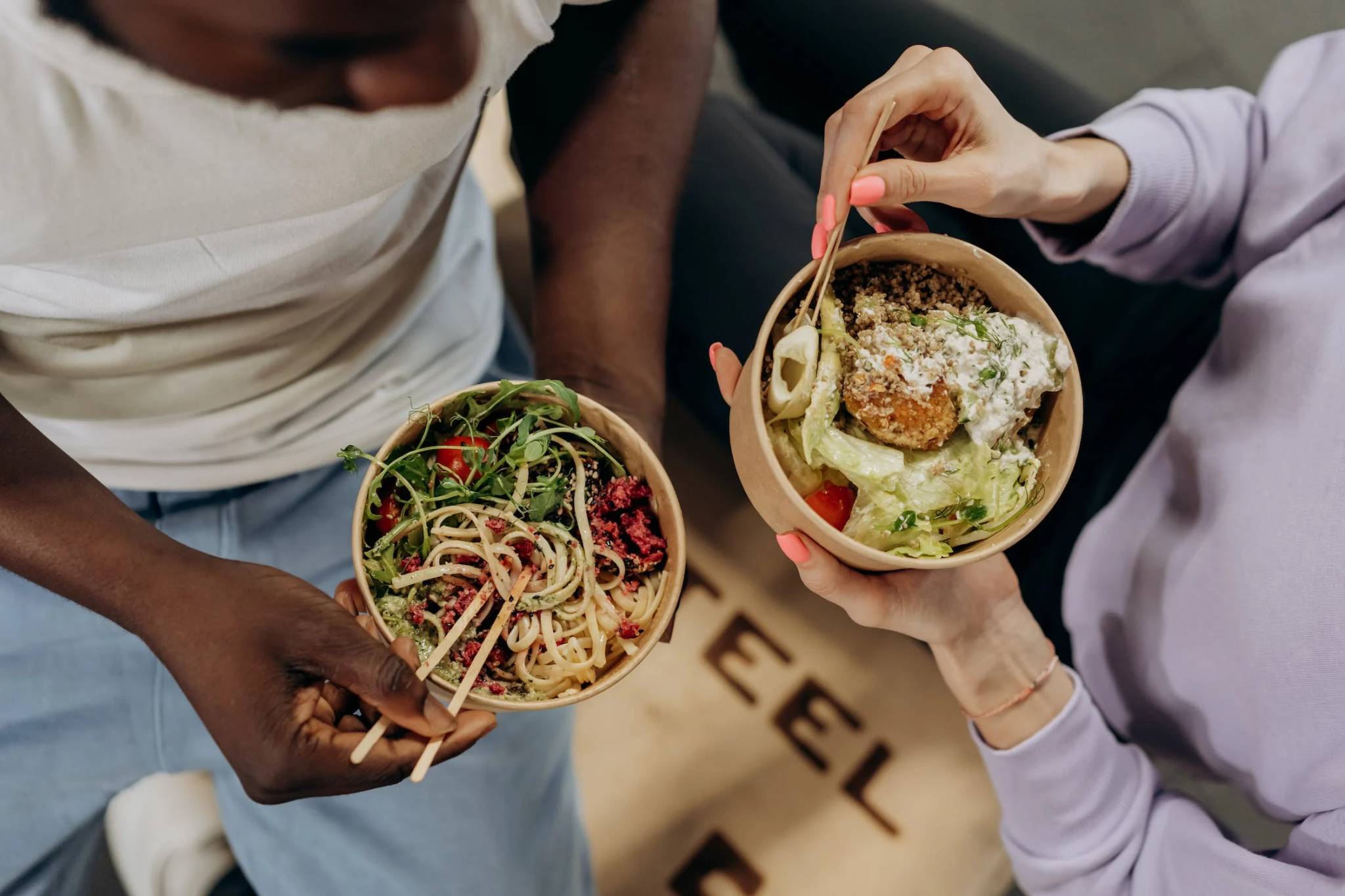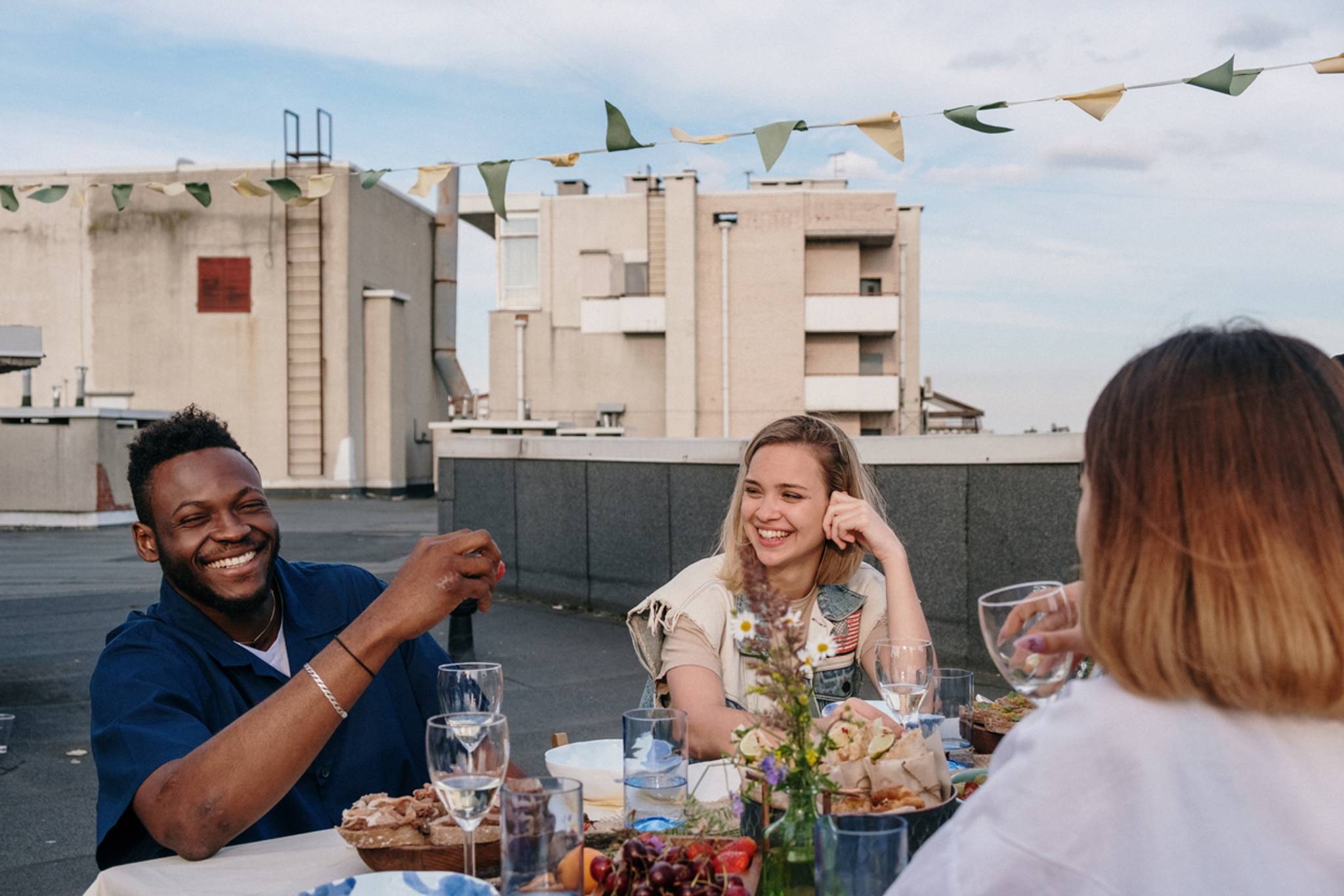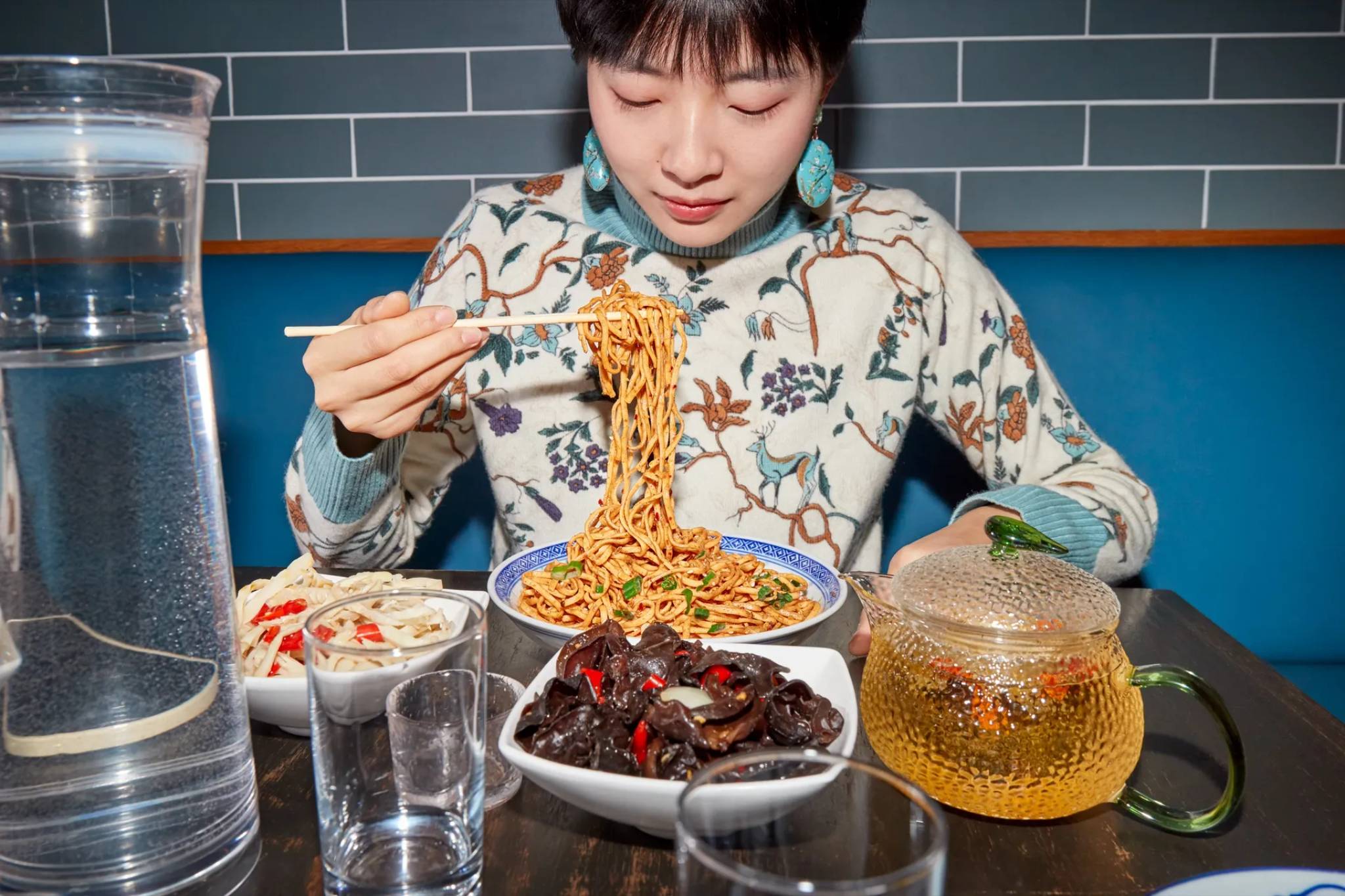
Tech-savvy Gen Zers are switching off more as they champion decidedly analogue vibes. Food and drink have long been the foundation of social interaction and community building which is leading many Zers to enter their 'hosting era' – but what else is driving their obsession with dinner parties?
Gen Z is in their ‘hosting era’ and they’re looking to social media for tips on honing their entertainment skills – #hostingera claims 25.8 million views on TikTok and #hostingtips has almost 242 million while #dinnerparty has 1.4 billion. Wow.
This is the very same Gen Z that’s famous for their digital nativeness, but interestingly their activity on social media is waning. The attention paid to their presence in digital spaces is not entirely unfounded though as almost half of Gen Zers spend at least 3 hours a day on socials.
So how is it true that this generation is in their ‘hosting era’ if online behaviours are decreasing?
Firstly, their collective identity being framed by digital environments is something that happened to them through lack of choice. Secondly, their yearning for IRL interactions is leading them to take online behaviours offline – and hosting is one way they’re doing just that.
Thanks to a cost of living crisis, a climate crisis, a public health emergency and a mental health epidemic, Gen Zers have spent the last few years with little by way of certainty. Their opportunities for IRL interaction have been limited by pandemic lockdowns, the persistence of virtual interaction and, for better or for worse, the competition for their time in the attention economy.
Combine this with Gen Z’s exclusion from typical markers of adulthood – only 29% of Gen Zers believe purchasing a home is within reach and 85% don’t believe marriage is necessary for a fulfilling relationship – it is clear to see why they might be feeling a little unmoored as a generation.
So, in the absence of traditional milestones of adulthood, hosting others not only satisfies the needs for community but it feels like the grown-up thing to do.
It's like an adult version of the themed parties seen all over TikTok. It’s also a cost-effective way to indulge with friends while not fearing the damage it's doing to purse strings, and it’s a social, sensory antidote to digital isolation and fatigue.
The dinner party also has metaphorical parallels to the way young people are choosing to deal with life as it’s a delicate balance of careful curation combined with unpredictability. Will dinner plates smash? Will wine spill? Will arguments break out? Who knows. It may be a little chaotic, but hosting a dinner party has become a lifeline for many young people.
We’re also seeing Gen Z’s hosting era collide with other cultural shifts. It’s allowing them to flex food-adjacent aesthetics like ‘Tomato Girl Summer’ – which has amassed 21.2 million views on TikTok – or even do a little status signalling as food experiences a moment of crossover with fashion.
Whether it’s the age-old value of sharing a meal with loved ones – Thailand's Five Star Chicken played on the value of family meal as part of a recent campaign with BBDO – or the sense of identity and community built around Erewhon, fancy olive oils or perpetual stews, food and drink have always been conduits for belonging and comfort.
And for Gen Zers, their ‘hosting era’ is a continuation of these traditional values combined with a reactionary return to the real, the tactile, and the connective value of a shared meal. Will the romantic notion of hosting a dinner party persist? No-one knows. But if one thing is for sure, it's that Zers are getting together IRL and having a good time. And right now dinner parties are where it’s at.



